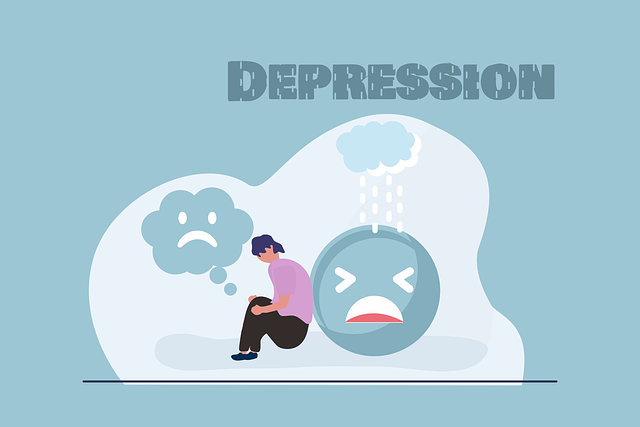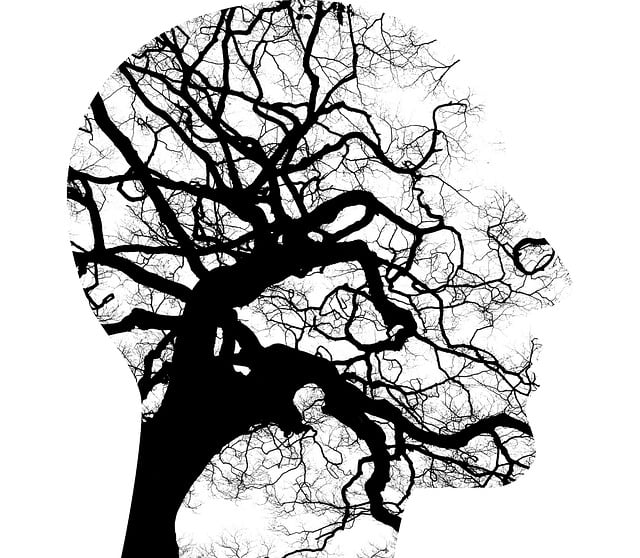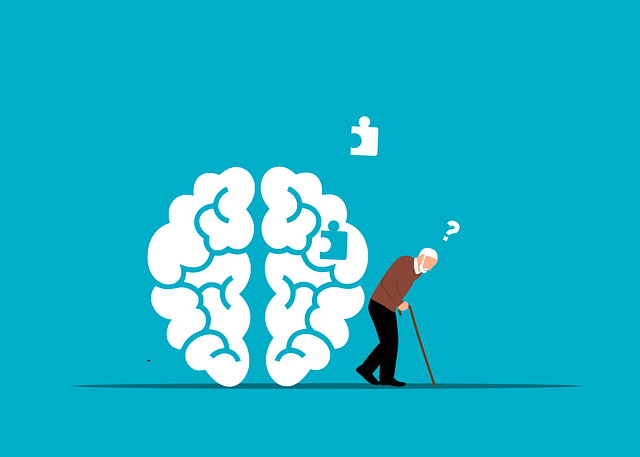Mindfulness meditation is a powerful tool for Attention Deficit Disorder (ADD) or Attention Deficit Hyperactivity Disorder (ADHD), training the mind to be fully present and improving attention regulation. By cultivating mindfulness, individuals gain better self-awareness, leading to improved focus and reduced restlessness. Golden ADD-ADHD therapy often incorporates these practices, facilitating social interactions and enhancing overall mental health. Consistent practice in a quiet space, without judgment, can significantly enhance mental wellness and manage symptoms, making mindfulness a valuable addition to daily routines for both individuals and healthcare providers.
“Unwind and embrace focus with mindfulness meditation, a powerful Golden ADD-ADHD therapy. This ancient practice offers a calm haven in the chaos of modern life, especially for those managing attention disorders. In this guide, we’ll explore how mindfulness can transform your daily routine. We’ll begin by demystifying its benefits for ADD/ADHD, then provide essential rules for effective meditation sessions. Subsequently, discover actionable strategies to seamlessly integrate mindfulness into your everyday life, reaping long-lasting improvements.”
- Understanding Mindfulness Meditation for ADD/ADHD
- Golden Rules for Effective Mindfulness Practice
- Integrating Mindfulness into Daily Life for Long-Lasting Benefits
Understanding Mindfulness Meditation for ADD/ADHD

Mindfulness meditation has emerged as a powerful tool for individuals with Attention Deficit Hyperactivity Disorder (ADHD) or Attention Deficit Disorder (ADD), offering a unique approach to managing symptoms and improving overall well-being. This ancient practice focuses on training the mind to be fully present in the current moment, enhancing one’s ability to regulate attention and control impulsive behaviors—a significant challenge for many with ADD/ADHD. By cultivating mindfulness, individuals can develop better self-awareness, leading to improved focus and reduced restlessness.
For those seeking Golden ADD-ADHD therapy, incorporating mindfulness meditation into their routine can be transformative. Mental Health Education Programs Design often emphasize the importance of teaching communication strategies and empathy building techniques, which are naturally fostered through mindful practices. These strategies help individuals with ADD/ADHD navigate social interactions more effectively, improve relationships, and enhance overall mental health.
Golden Rules for Effective Mindfulness Practice

Practicing mindfulness meditation is a powerful tool for enhancing mental wellness and managing conditions like ADD-ADHD. To make the most of your sessions, there are some golden rules to keep in mind. First, find a quiet space where you won’t be disturbed; this helps create a calm environment essential for effective meditation. Setting a consistent schedule is another key rule. Incorporating mindfulness into your daily routine allows for better focus and awareness throughout the day, not just during the session.
Remember, mindfulness isn’t about emptying your mind but observing thoughts and sensations without judgment. This mental shift is crucial for managing ADD-ADHD symptoms, as it encourages a more balanced approach to thoughts and actions. Consider these rules as guiding principles in your Mental Wellness Podcast Series Production journey or as burnout prevention strategies for healthcare providers looking to integrate mindfulness meditation into their practices.
Integrating Mindfulness into Daily Life for Long-Lasting Benefits

Integrating mindfulness into daily life offers a powerful approach to enhancing overall well-being and can serve as a transformative tool for those with Attention Deficit Disorder (ADD) or ADHD. Beyond short-term focus, this ancient practice cultivates a deeper connection with the present moment, enabling individuals to manage symptoms effectively. By incorporating mindfulness meditation, one can develop a sense of calm and clarity, improving concentration and decision-making abilities. This, in turn, enhances productivity and reduces impulsive behaviors often associated with ADD/ADHD.
For long-lasting benefits, it’s essential to make mindfulness a consistent practice. Simple strategies like mindful breathing exercises or body scans during daily routines can help anchor individuals in the present. Moreover, integrating these practices into communication strategies and empathy building can foster deeper connections with others. Building resilience becomes more achievable when one can stay grounded in the present, making it an invaluable tool for managing stress and navigating life’s challenges, especially for those seeking Golden ADD-ADHD therapy.
Mindfulness meditation, as a golden ADD-ADHD therapy, offers a transformative path towards improved focus and mental clarity. By understanding its fundamentals, adhering to effective practice guidelines, and integrating it into daily routines, individuals with ADD/ADHD can unlock lasting benefits that enhance their overall well-being. Embrace the power of mindfulness as a valuable tool for managing symptoms and cultivating a calmer, more focused mind.









